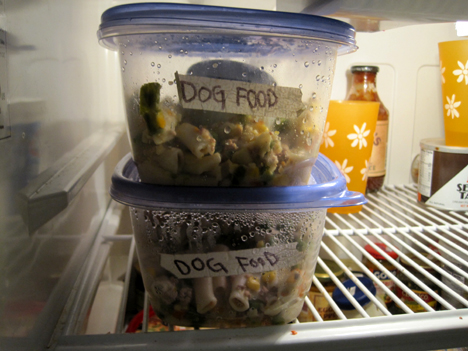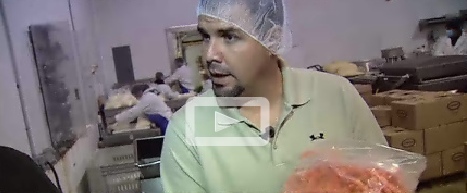Pamela Riemenschneider of The Packer writes that audits, testing and food safety programs are a part of daily life for any produce operation.
In the Rio Grande Valley, companies work to foster a culture of food safety among their employees.
“One of the challenges of a food safety program is to not treat it as if you’re studying for the test, but to accept it and embrace it as a way of doing business,” said Chris Eddy, general manager .jpg) of Edinburg, Texas-based Frontera Produce Ltd.
of Edinburg, Texas-based Frontera Produce Ltd.
“That’s our focus, and we’re seeing a lot of success there and getting a buy-in from our employees.”
That “it’s time for our annual audit, let’s do an extra sweep” attitude is long gone.
The company is spreading this culture out to all of the sheds it operates and represents, Eddy said.
Curtis DeBerry, president of Boerne, Texas-based Progreso Produce Ltd., said his company is rolling out in-house microbial testing in addition to its regular audits and Global Food Safety Initiative certification.
“We’ve gone completely out on our own,” he said.
“We’re doing the microbial testing in-house weekly. We’re going to step it up and be much more involved in the testing itself and the auditing in between, both in our facilities and out in the fields.”
DeBerry said his company’s enhanced focus was driven by the buyer community and Progreso’s decision to enhance the program.
At Bebo Distributing Inc. in Pharr, Texas, the packing lines are getting mechanical enhancements in the name of food safety.
The company recently installed a new packing line that includes a chlorine wash.
All this sounds great and shows how food safety requires numerous flexible and creative approaches. But why weren’t these firms and thousands of others actively enhancing the safety of fresh fruits and vegetables in the 1990s, when produce had clearly emerged as a significant source of foodborne illness?
 prepared chicken pate in the UK.
prepared chicken pate in the UK.

 The government’s three-year investigation found that the problems occurred in late 2006 and early 2007.
The government’s three-year investigation found that the problems occurred in late 2006 and early 2007..jpg) of Edinburg, Texas-based Frontera Produce Ltd.
of Edinburg, Texas-based Frontera Produce Ltd.  "walk long distances or ride the bus" in order to sell it to restaurants.
"walk long distances or ride the bus" in order to sell it to restaurants. .jpg) unpasteurized beverage might improve her health.
unpasteurized beverage might improve her health. same products. This independent testing shows our produce to be absolutely safe, and we are aggressively fighting the state’s erroneous findings.”
same products. This independent testing shows our produce to be absolutely safe, and we are aggressively fighting the state’s erroneous findings.”.jpg) problems, and many were hospitalized before and during the onset of their infection.
problems, and many were hospitalized before and during the onset of their infection.